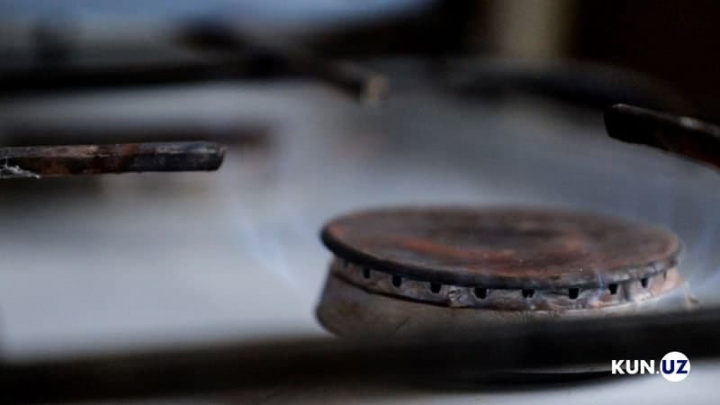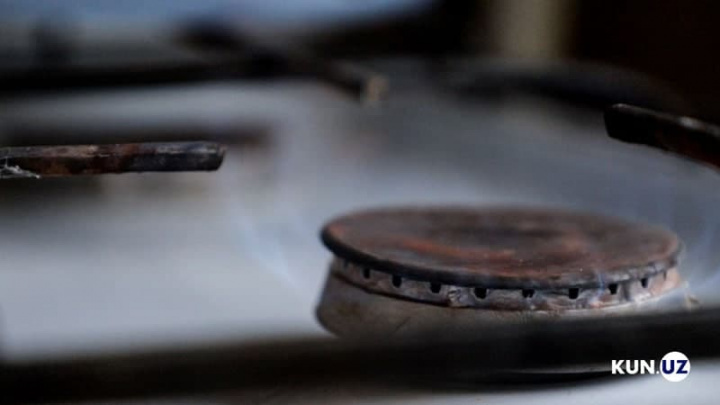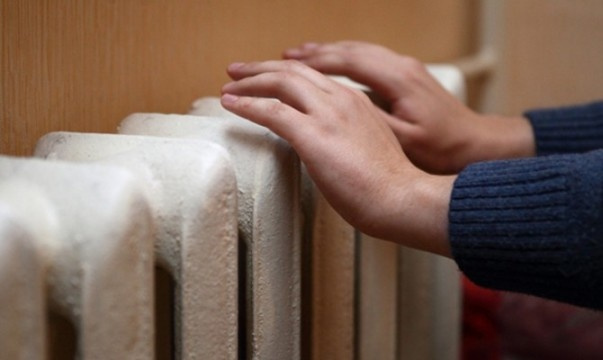Heating delays in Uzbekistan amid cold snap raise concerns
Despite a cold front lingering over Uzbekistan for two weeks, heating systems in multi-story residential buildings remain inactive as local authorities wait for a sustained drop in temperature to initiate heating services. The situation, which has led to growing frustration among residents, particularly in Tashkent, is further complicated by upcoming warmer weather forecasts, which could delay the heating season even longer.
According to the 2014 government regulation, Uzbekistan’s heating season officially begins once the daily average temperature stays below 8°C for five consecutive days. Local authorities in Tashkent and other regions coordinate with meteorological data providers and heating supply companies to determine the exact start of the season. However, with temperatures expected to rise later in the week, this threshold may not be met, prolonging the wait for heating.
A representative from Tashkent's city administration stated that authorities are awaiting official confirmation from the meteorological service, “We have to follow the regulations, but we understand the challenges residents face,” the representative added, emphasizing efforts to expedite the process if conditions permit.
The delay has also prompted public debate, with economist Otabek Bakirov questioning the applicability of the “five days below 8°C” rule. Bakirov argues that the standard, inherited from Soviet regulations, fails to account for Uzbekistan's specific climate needs. “This policy was established under Soviet rule without considering our local climate. While residents demand heating, authorities seem bound by outdated guidelines,” he remarked.
Bakirov pointed out that in previous years, heating was activated earlier without necessarily meeting the five-day rule, reflecting responsiveness to public demand rather than rigid adherence to regulations. “In 2021, heating started on October 14; in 2022, it began on October 24, even though temperatures hadn’t dropped below the 8°C mark for five consecutive days,” he said, urging policymakers to prioritize resident welfare.
The administration has also advised residents against using gas-powered heating due to the risk of carbon monoxide poisoning, while electric heaters face limitations because of the electricity consumption cap. Meanwhile, authorities in southern Surkhandarya region have announced that heating in social institutions and residential buildings will begin on November 1, a decision that climate scientist Erkin Abdulakhatov praised as proactive.
Related News

18:58 / 31.10.2024
Heating and hot water tariffs to increase by 15% in Tashkent

17:54 / 29.10.2024
Gas and power outages announced in Tashkent district amid cold weather

15:52 / 24.10.2024
Uzbekistan increases social norm for natural gas consumption during heating season

16:19 / 16.10.2024



